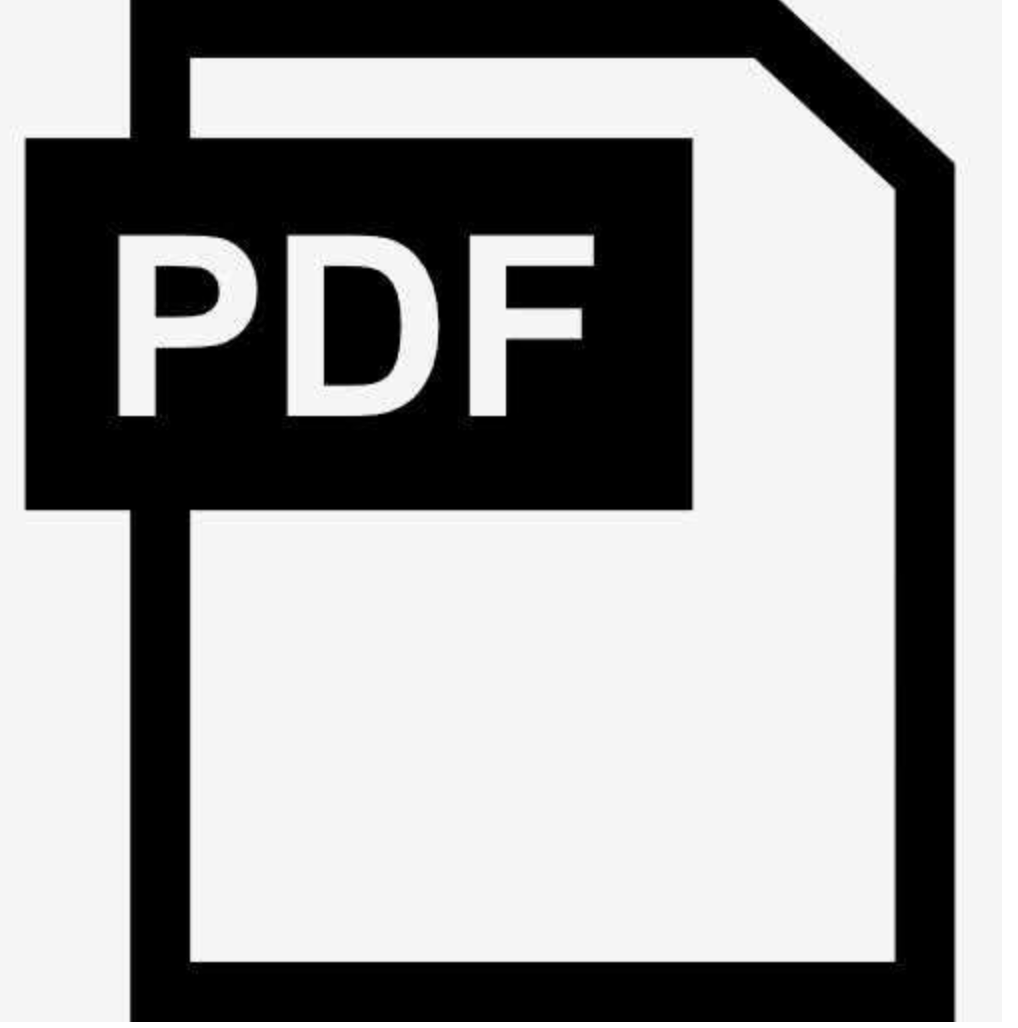Harmonic Neural Networks
Atiyo Ghosh,u00a0Antonio Andrea Gentile,u00a0Mario Dagrada,u00a0Chul Lee,u00a0Seong-Hyok Sean Kim,u00a0Hyukgeun Cha,u00a0Yunjun Choi,u00a0Dongho Kim,u00a0Jeong-Il Kye,u00a0Vincent Emanuel Elfving
Harmonic functions are abundant in nature, appearing in limiting cases of Maxwellu2019s, Navier-Stokes equations, the heat and the wave equation. Consequently, there are many applications of harmonic functions from industrial process optimisation to robotic path planning and the calculation of first exit times of random walks. Despite their ubiquity and relevance, there have been few attempts to incorporate inductive biases towards harmonic functions in machine learning contexts. In this work, we demonstrate effective means of representing harmonic functions in neural networks and extend such results also to quantum neural networks to demonstrate the generality of our approach. We benchmark our approaches against (quantum) physics-informed neural networks, where we show favourable performance.


